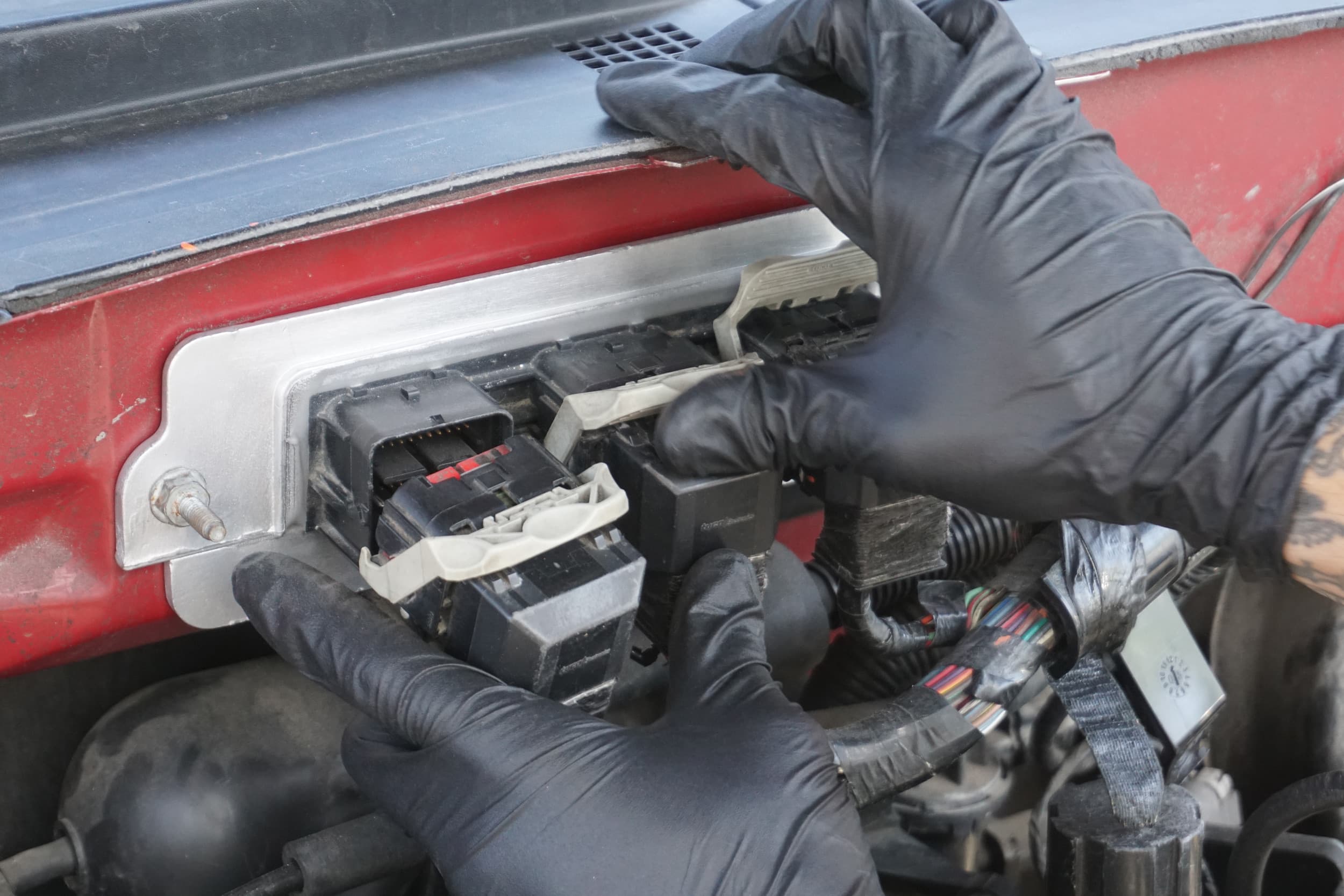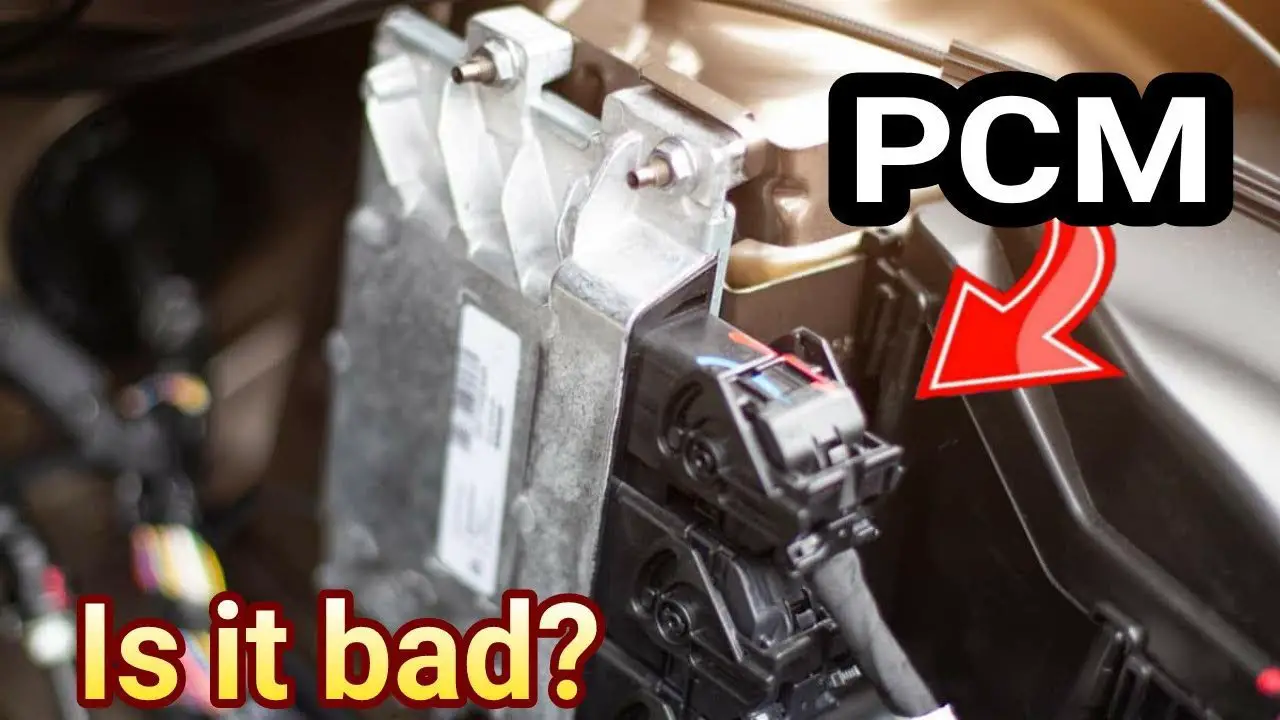Symptoms of a Bad Pcm
If you own a vehicle, you may have heard of the term “PCM” before. PCM stands for Powertrain Control Module, and it is an essential component of modern vehicles. The PCM is essentially the brain of the vehicle, responsible for managing and controlling the engine and transmission systems. When the PCM malfunctions, it can lead to a variety of issues and symptoms that can affect the performance and drivability of the vehicle. In this article, we will explore some common symptoms of a bad PCM and the importance of addressing these issues promptly.
What is a PCM?
Before we delve into the symptoms of a bad PCM, let’s briefly discuss what the PCM actually does. The PCM is an integrated computer system that monitors and controls various aspects of the vehicle’s powertrain, including the engine, transmission, and emissions systems. It collects data from sensors located throughout the vehicle and uses this information to make real-time adjustments to optimize performance, fuel efficiency, and emissions. Essentially, the PCM ensures that the engine and transmission operate at their best under all driving conditions.

Credit: www.fs1inc.com
Common Symptoms of a Bad PCM
A malfunctioning PCM can manifest in several ways, and it’s important to be aware of the symptoms so that you can address the issue promptly. Here are some common signs that may indicate a bad PCM:
1. Check Engine Light
One of the most obvious signs of a bad PCM is the illumination of the check engine light on the vehicle’s dashboard. The PCM constantly monitors the vehicle’s systems, and when it detects a problem, it will trigger the check engine light to alert the driver. If the check engine light is on, it’s essential to have the vehicle diagnosed by a qualified mechanic to determine the underlying cause.
2. Engine Performance Issues
A malfunctioning PCM can lead to a variety of engine performance issues, such as rough idling, stalling, hesitation, or a noticeable drop in power and acceleration. These symptoms can be indicative of a problem with the fuel delivery, ignition timing, or other engine parameters being controlled by the PCM.
3. Transmission Problems
Since the PCM also controls the transmission system, a bad PCM can result in transmission-related issues such as erratic shifting, slipping gears, or failure to engage gears properly. These symptoms can significantly affect the drivability and safety of the vehicle.
4. Poor Fuel Economy
If the PCM is not functioning correctly, it may not be able to optimize the air-fuel mixture or ignition timing, leading to poor fuel economy. If you notice a sudden decrease in fuel efficiency without any other apparent cause, the PCM could be the culprit.
5. Failures In Emission Control Systems
The PCM plays a crucial role in monitoring and controlling the vehicle’s emissions systems to ensure compliance with environmental regulations. A malfunctioning PCM may result in increased emissions, failed emissions tests, or the activation of the vehicle’s emissions-related warning lights.
Importance of Addressing a Bad PCM
Ignoring the symptoms of a bad PCM can lead to a host of issues, including increased fuel consumption, reduced engine performance, and potential damage to other vehicle components. Additionally, a vehicle with a malfunctioning PCM may not pass emissions tests, leading to legal and registration issues. Therefore, it’s crucial to have the PCM diagnosed and repaired by a professional mechanic to prevent further damage and ensure the vehicle operates as intended.
Frequently Asked Questions Of Symptoms Of A Bad Pcm
What Are The Common Symptoms Of A Bad Pcm?
A malfunctioning PCM can cause issues such as stalling,
poor engine performance, and trouble starting the vehicle.
How Does A Bad Pcm Affect The Vehicle’s Performance?
A bad PCM can lead to engine misfires, rough idling, and
reduced fuel efficiency, causing the vehicle to run poorly.
Can A Bad Pcm Cause The Check Engine Light To Come On?
Yes, a faulty PCM can trigger the check engine light to
illuminate due to various system errors it may encounter.
What Are The Potential Dangers Of Driving With A Bad Pcm?
Continued driving with a malfunctioning PCM can lead to
irreparable damage to the vehicle’s engine and emission system.
Conclusion
In conclusion, the PCM is a vital component of a vehicle’s powertrain system, and a malfunctioning PCM can lead to a variety of drivability and performance issues. If you experience any of the symptoms mentioned in this article, it’s essential to have your vehicle inspected by a qualified mechanic to diagnose and address the problem. By addressing a bad PCM promptly, you can prevent further damage and ensure that your vehicle operates optimally.


